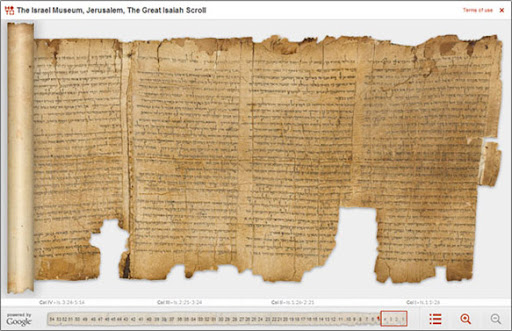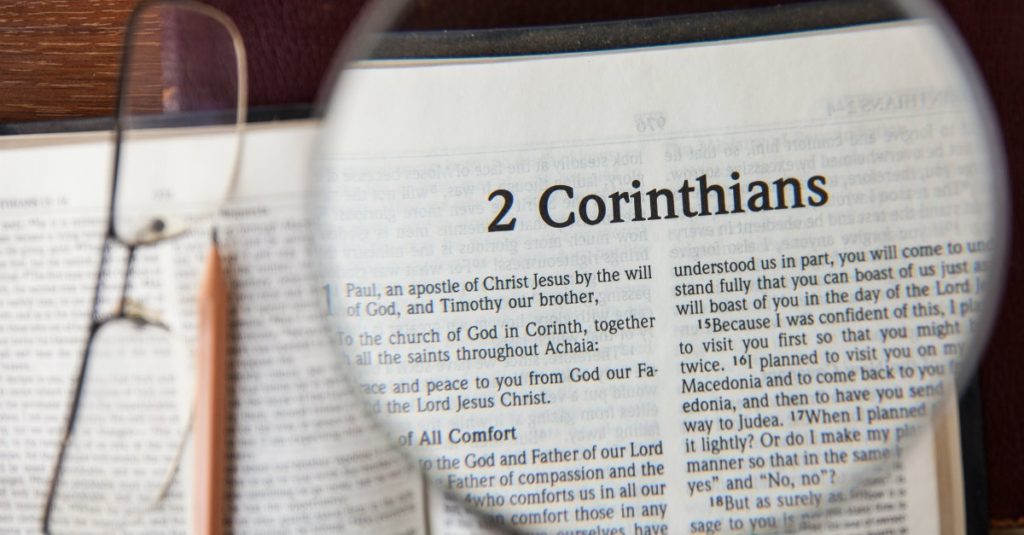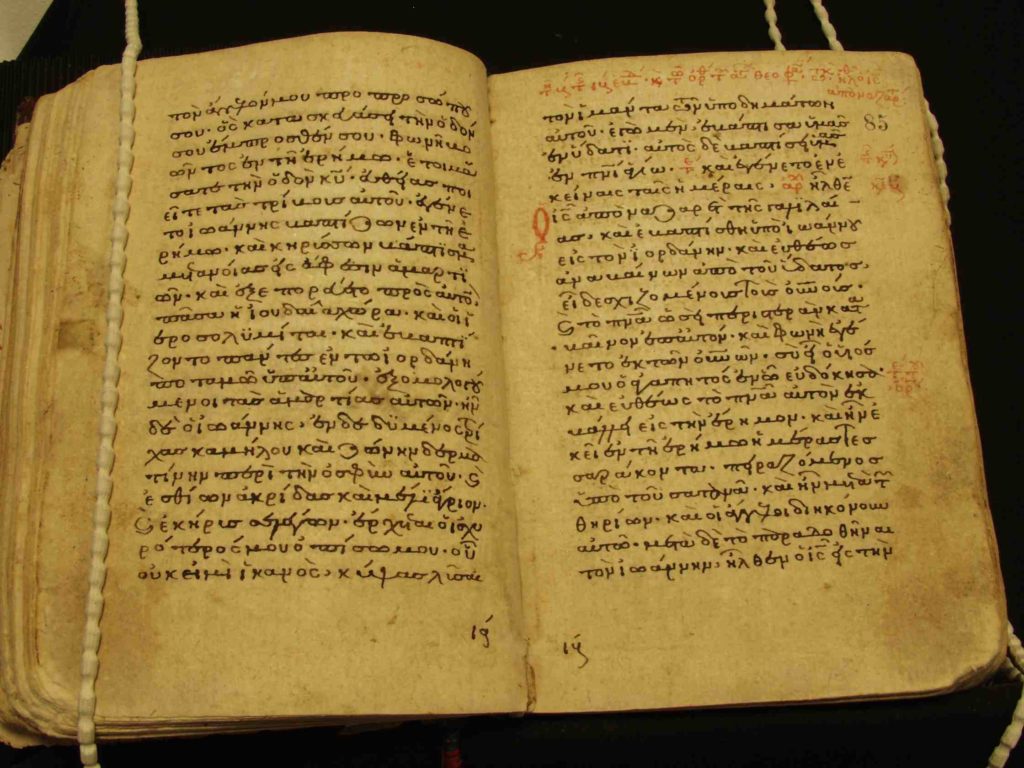Did an Eclipse Cause Three Hour Darkness at Jesus’ Execution?

There was a mysterious three hour darkness during the time when Jesus was being executed. What caused this three hour darkness?
“It was now about noon and darkness came over the land until three in the afternoon because of an eclipse of the sun”—Luke 23:44,45 NAB
The way the New American Bible (NAB) renders it,as above, one would think that the cause of the three hour midday total darkness was “an eclipse of the sun.” If the possibility of the supernatural is excluded, an eclipse would naturally be the only possibility. Could this have been an actual eclipse? Let’s examine the gospels very carefully regarding this d event:

 “A cornerstone belief of the Christian faith, the doctrine of the Trinity . . . What is the doctrine of the Trinity? . . . There is only one God, but in the unity of the Godhead there are three eternal, coequal Persons where each Person is independently conscious and self-directing but never acting independently of one another and always manifesting the same character attributes and the same nature. Where in the Bible is the Trinity taught? . . . It is taught in 25 of t
“A cornerstone belief of the Christian faith, the doctrine of the Trinity . . . What is the doctrine of the Trinity? . . . There is only one God, but in the unity of the Godhead there are three eternal, coequal Persons where each Person is independently conscious and self-directing but never acting independently of one another and always manifesting the same character attributes and the same nature. Where in the Bible is the Trinity taught? . . . It is taught in 25 of t Some people, even preachers, say that everything that happens in the world – good, bad, or otherwise – is the will of God. Is it? But often, people wonder, “Why do tragic things happen to good people?”
Some people, even preachers, say that everything that happens in the world – good, bad, or otherwise – is the will of God. Is it? But often, people wonder, “Why do tragic things happen to good people?”

